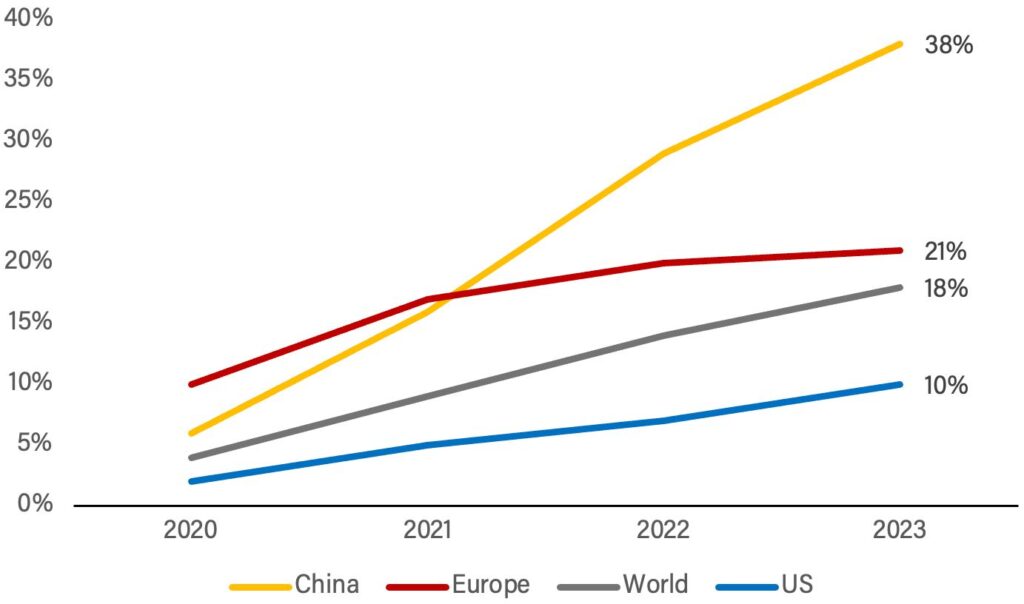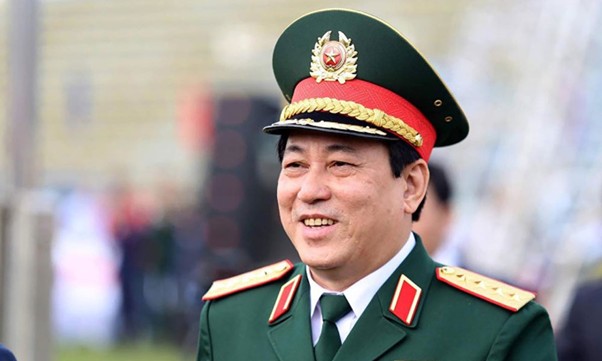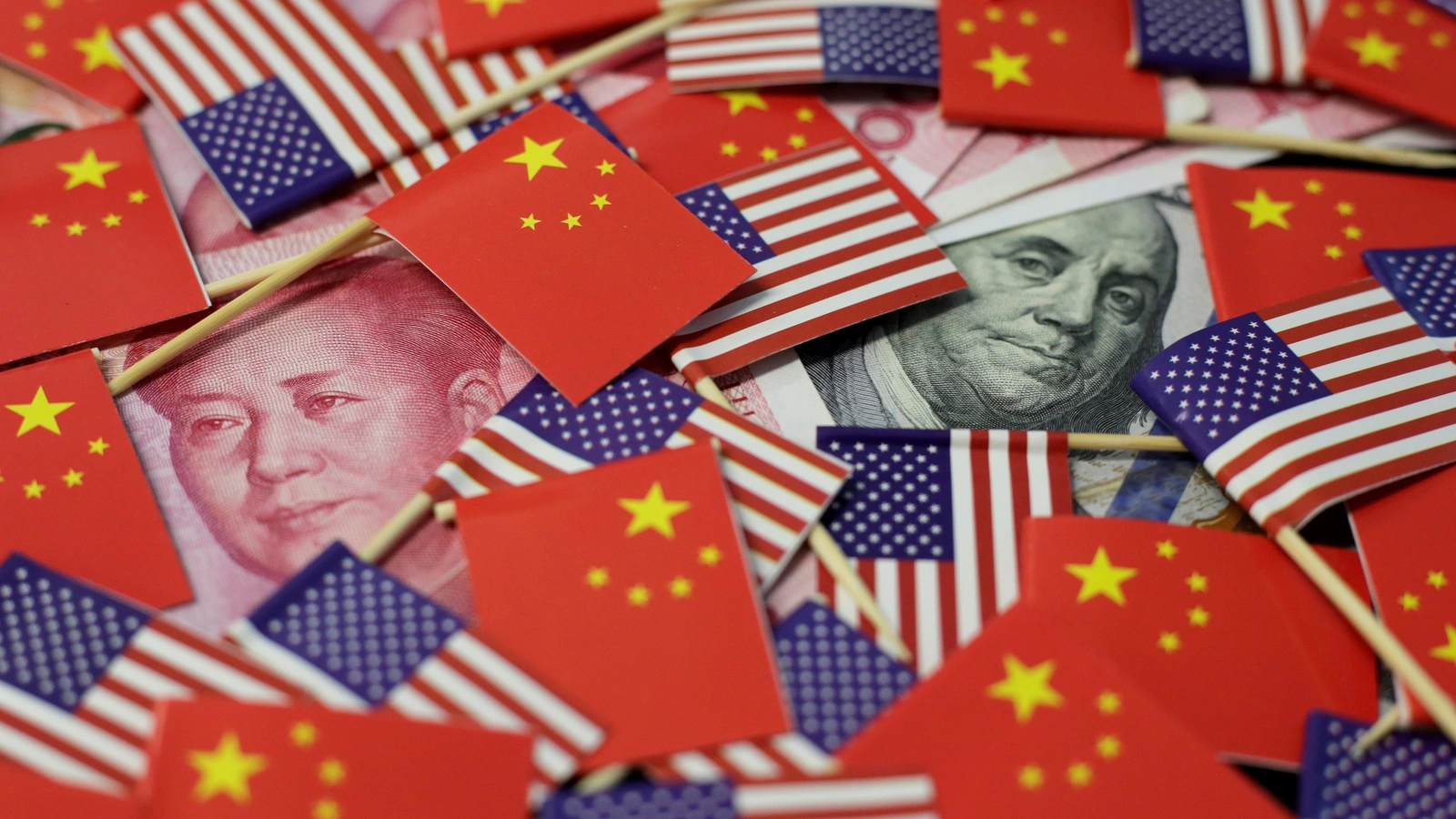Being dependent on an enemy to your way of life and an avowed rival for most of the goods you use and consume is not a sound, long-term industrial strategy. Donald Trump recognized that about China in his first campaign and most of the Western world now agrees with him. The defenestration of the US and European industrial base at the hands of the Chinese represents a tragic, flashing-red, potentially economically devastating risk for the West.
That risk is at its highest when it comes to strategically important, high-margin technological manufacturing, where the US has typically led the world and which has been a major driver of the innovation that has made the US labor force the most productive labor force in the world global economic dominance over the last half century. China is increasingly gaining on those sectors, and in areas like vehicle electronics they may actually be ahead already, as como o CEO da Ford, Jim Farley, apontou ao Wall Street Journal no final do ano passado."
Electric Vehicles Share of all Auto Sales

O crescimento do Vietnã como um grande exportador para os Estados Unidos é, em grande parte, impulsionado por empresas chinesas que simplesmente estão substituindo as mãos que fabricam os produtos e o selo na embalagem de chinês para Vietnamita, conforme o The Economist.. The long arm of the Chinese Communist Party (CCP) obviously extends to foreign operations of Chinese companies, regardless of what the press releases of the companies might say.
If the CCP asks Chinese companies to tamper with products or install malware in goods exported to the US so that they might be utilized in a bellicose encounter, they don’t ask kindly. Various Chinese companies have been increasingly doing that recently, per Reuters e a NBC.
And if they refuse to comply with the government? Just ask Jack Ma (remember him?), who mysteriously disappeared and had his company Alibaba almost obliterated after ending on the wrong side of the CCP, conforme o BBC. And by the way, Vietnam is governed by the Communist Party of Vietnam, the same party the US fought so fiercely against not long ago.

It’s been 8 years since Trump first took office and the “Divest from China” movement started in earnest, but although there is bipartisan agreement on pushing back against China, they have not provided a viable alternative to importers and consumers. The lack of realism from politicians on both sides of the aisle is disconcerting. The truth of the matter is that garment factories that manufacture affordable clothes for blue collar families around the world are just not coming back to the US. Many other low-margin industries that manufacture commoditized industrial products aren’t coming back either, as Western labor is just too expensive.
The real question is why would you even want them to? They typically pay terrible wages given the paper-thin margins of the industry (como cerca de ~$130 por mês em Bangladesh, segundo a NPR), então nem mesmo faz sentido financeiramente para os EUA querer isso. É muito melhor focar e expandir sua base industrial para se concentrar em manufatura de maior valor agregado, bens estrategicamente importantes como semicondutores, gadgets tecnológicos ou veículos.
Nevertheless, that doesn’t mean the US and the Western world should let them keep them, as the profits they generate feed the increasingly active Chinese Red Army. The US needs another low-cost locale for factories that don’t make sense bringing back, and, importantly, that the US can actually keep the Chinese out from.
It must be a place where American companies, not Chinese ones, dominate. A place where the governments are either unwilling or unable to ever endanger or extort the national interest of the US. It has always seemed very strange to me all throughout the US-China row that the US has been so shortsighted that it hasn’t seen the solution right in front, or better said, below them: Latin America.

The U.S. should keep strategic, high margin manufacturing on-shore, and third-party the non-strategic, essential, low-margin goods manufacturing to countries in Latin America. Redirecting low-cost manufacturing from China to Latin America through a deepening economic relationship with the region would bring countless benefits to US national security. Latin Americans love America but love their countries even more. Given the obscene contrast in standard of living and the abject poverty many of them face in their beloved countries, they literally walk to the freedom offered by their 2nd favorite country in the world, the United States of America. But don’t be mistaken: They would rather stay in their countries.
Investment by US companies in the region could therefore kill 3 birds with 1 stone: Provide a realistic, near-shore, politically controllable alternative to China, offer a better alternative than illegal immigration to the impoverished masses of the region and prevent a major rival get insert themselves into Latin American political dynamics, as they have increasingly been trying to for over a decade, segundo o Parlamento Europeu. Com políticos fortemente pró-americanos, como Javier Milei e a Nayib Bukele ascendendo na região, as empresas americanas provavelmente seriam bem recebidas pelos governos locais que as apoiam."
De forma alguma estou defendendo que os EUA façam isso por pura bondade. Subsídios, doações e ajuda humanitária, às vezes, fazem mais mal do que bem a longo prazo. Corrijam-me se estiver errado, mas não me lembro de um país ter se tornado uma nação de primeiro mundo por meio de décadas de ajuda humanitária. O dinheiro que os trabalhadores e bem-intencionados contribuintes americanos enviam para os países empobrecidos normalmente acaba nas contas bancárias suíças de políticos latino-americanos, como a Associated Press, Reuters e muitos outros relataram, e como qualquer latino-americano pode confirmar. Ensine-os a pescar, não apenas a dar o peixe. Comerciar mais com a América Latina seria uma alternativa viável, de curto a médio prazo, como destino industrial para setores de manufatura de baixo valor agregado.
Os benefícios geopolíticos de transferir essas operações da China para a América Latina são altos e os riscos baixos. Os latino-americanos não aspiram que seus países substituam os EUA como a principal potência mundial; eles apenas querem sair do ciclo de pobreza. Eles estão até culturalmente e religiosamente alinhados, pois os países são tradicionalmente católicos e a maioria tem movimentos evangélicos protestantes em forte crescimento, segundo o Economist. Portanto, o crescimento econômico não alimentaria governos teocráticos extremistas e anti-americanos, como aconteceria em muitas regiões do mundo; muito pelo contrário.
Politicamente, embora não tenha faltado líderes socialistas populistas latino-americanos no século 21st a maioria agora vê essa experiência, liderada pela Venezuela, como um fracasso e tragédia embaraçosos e está expulsando-os do poder, ou tentando, em todos os lugares que pode, como demonstrado pelas vitórias retumbantes de Milei, Bukelee a vitória (infamemente roubada) de Gonzalez na Venezuela. Embora seja uma conversa para outra ocasião, eu até atribuía o crescimento desses socialistas à falta de atenção dada pelos EUA à região desde o governo Clinton até a nomeação de Marco Rubio como Secretário de Estado dos EUA.

Independentemente disso, talvez não haja um momento melhor para dar uma segunda olhada na América Latina. O governo dos EUA e os doadores corporativos americanos poderiam, e deveriam, apoiar políticos e movimentos alinhados aos EUA na região, oferecendo uma boa proteção para as empresas americanas que lá chegarem. Não necessariamente de forma secreta; ser aberto seria até mais sincero e ajudaria os candidatos. No entanto, dadas as altas apostas geopolíticas e a necessidade de soluções rápidas, os EUA não devem abordar isso com um idealismo voltado para a democracia, mas sim com pragmatismo.
When looking for pro-American politicians in the region, don’t go expecting to find people who are in love with the separation of powers and UN-sounding democratic resolutions. Find legitimately pro-American politicians that have, or can have, the political muscle that will provide stability and good terms to American companies and that will keep their country away from Chinese influence. More Bukeles, less Mauricio Macris. With Latin America, better to be Kissinger than Hillary Clinton. It’s in America’s interest.







